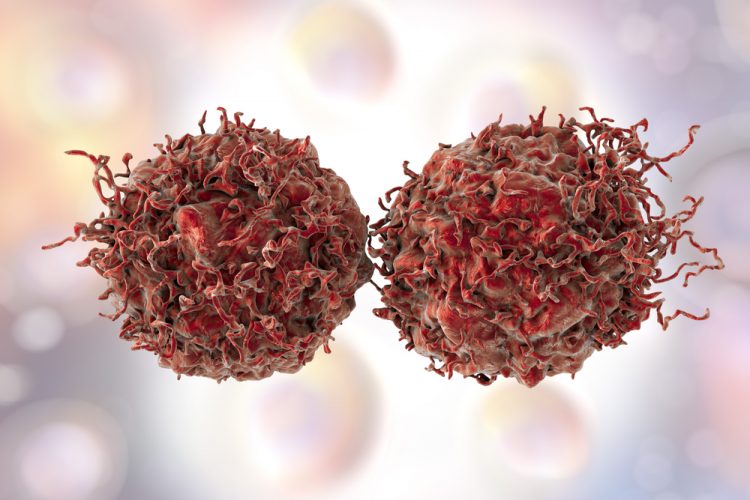Blocking kinase could provide treatment for prostate cancer
Posted: 29 August 2019 | Victoria Rees (Drug Target Review) | No comments yet
Researchers have found that inhibiting a kinase in mice leads to the death of prostate cancer cells, providing a potential therapeutic target.


A new study has discovered that blocking a particular kinase in mice begins a chain reaction that results in the death of prostate cancer cells that have spread and are resistant to standard therapies. The researchers say their findings show rationale for testing their kinase inhibitor to treat metastatic castration-resistant prostate cancer (CRPC) in humans.
The study was conducted by the Abramson Cancer Center at the University of Pennsylvania, US. The team identified the role of the kinase CDK7 as the on/off switch that controls Med-1. This is a process that works in partnership with the androgen receptor to drive prostate cancer growth.
Androgen deprivation therapy is a standard therapeutic approach for prostate cancer. However, over the course of treatment, a majority of patients will become resistant to the medication, allowing the cancer to spread. Despite this, the androgen receptor (AR) continues to be the main driver of cancer growth in CRPC and blocking its function is still critical.
“We know that AR does not work alone; that it needs Med-1 as its partner,” said the study’s senior author Dr Irfan Asangani, an assistant professor of Cancer Biology in the Perelman School of Medicine at the University of Pennsylvania. “Our study found a way to turn off Med-1, leaving AR without its co-pilot which means the cancer cannot grow and the cells eventually die.”
Using an inhibitor to turn off CDK7 led to the death of CRPC cells in both the lab setting and in animal models. The researchers also saw very limited off-target effects of this approach, since healthy cells have redundancies in place to deal with the loss of Med-1, meaning only the cancer cells die.
The team identified the role of the kinase CDK7 as the on/off switch that controls Med-1″
“Our theory is that these cancer cells are addicted to Med-1 and AR but other cells are not, so we’re essentially cutting them off from their addiction,” Asangani said.
CDK7 inhibitors are already being tested in Phase I clinical trials for other cancers – including leukaemia, lung cancer, glioblastoma and breast cancer – but the team said this study shows the potential for testing them in CRPC.
The findings were published in Cancer Discovery.
Related topics
Clinical trials, Drug Targets, Kinases, Oncology
Related conditions
Breast cancer, castration-resistant prostate cancer (CRPC), Glioblastoma, Leukaemia, Lung cancer
Related organisations
Abramson Cancer Center at the University of Pennsylvania, Cancer Discovery, Perelman School of Medicine at the University of Pennsylvania
Related people
Dr Irfan Asangani



